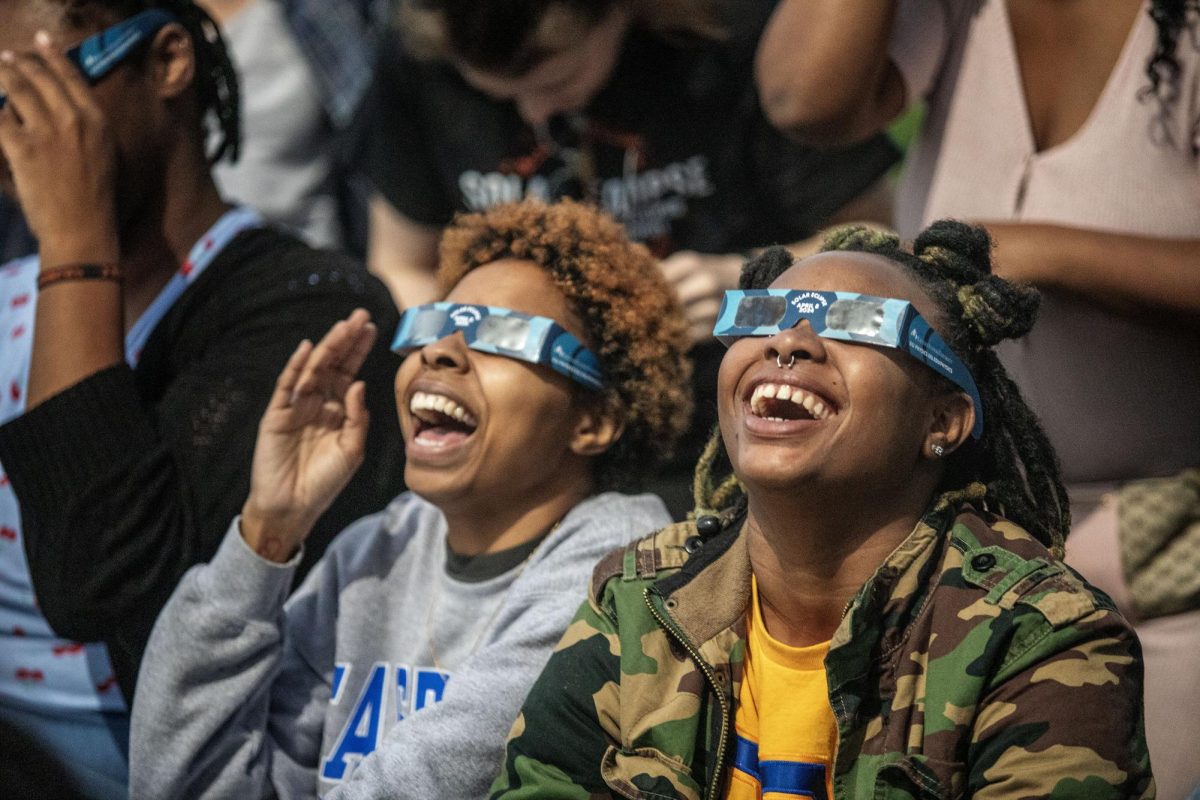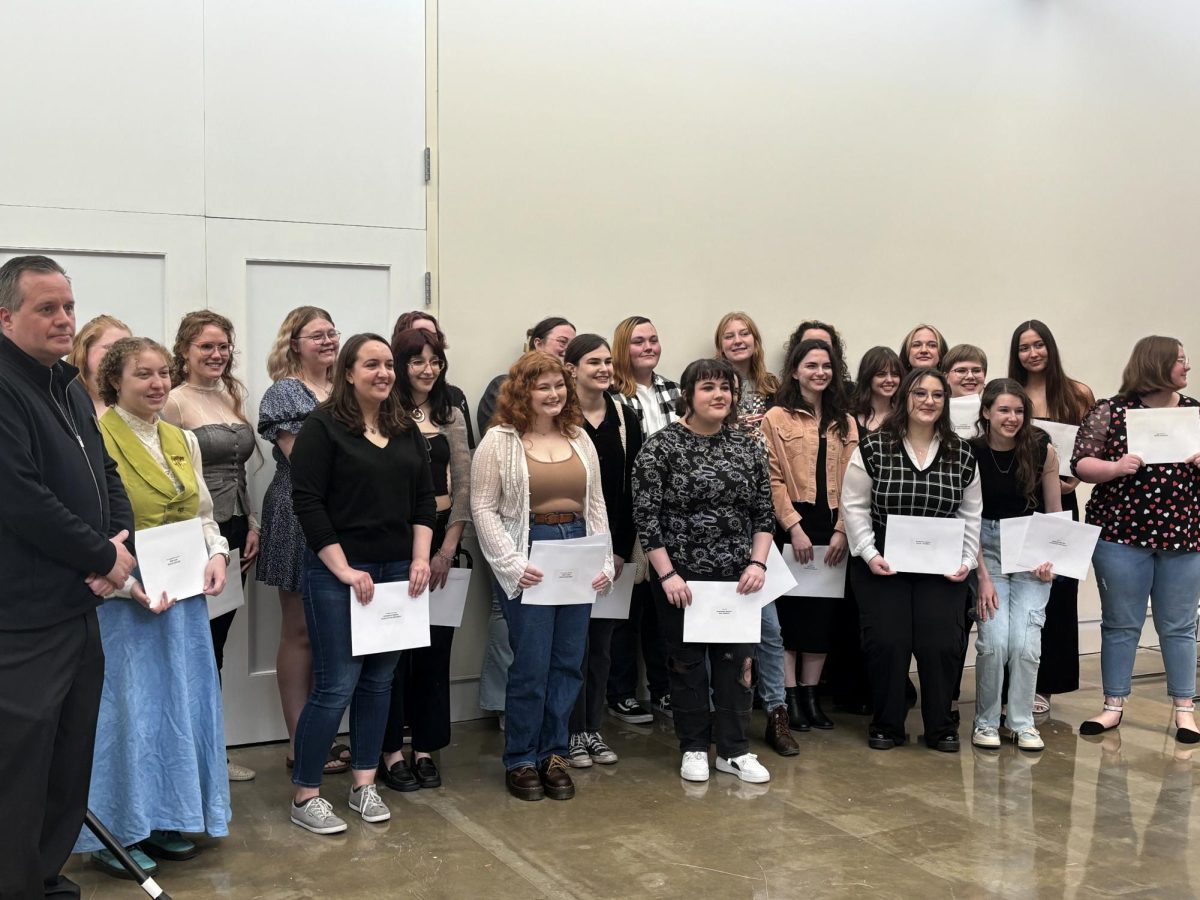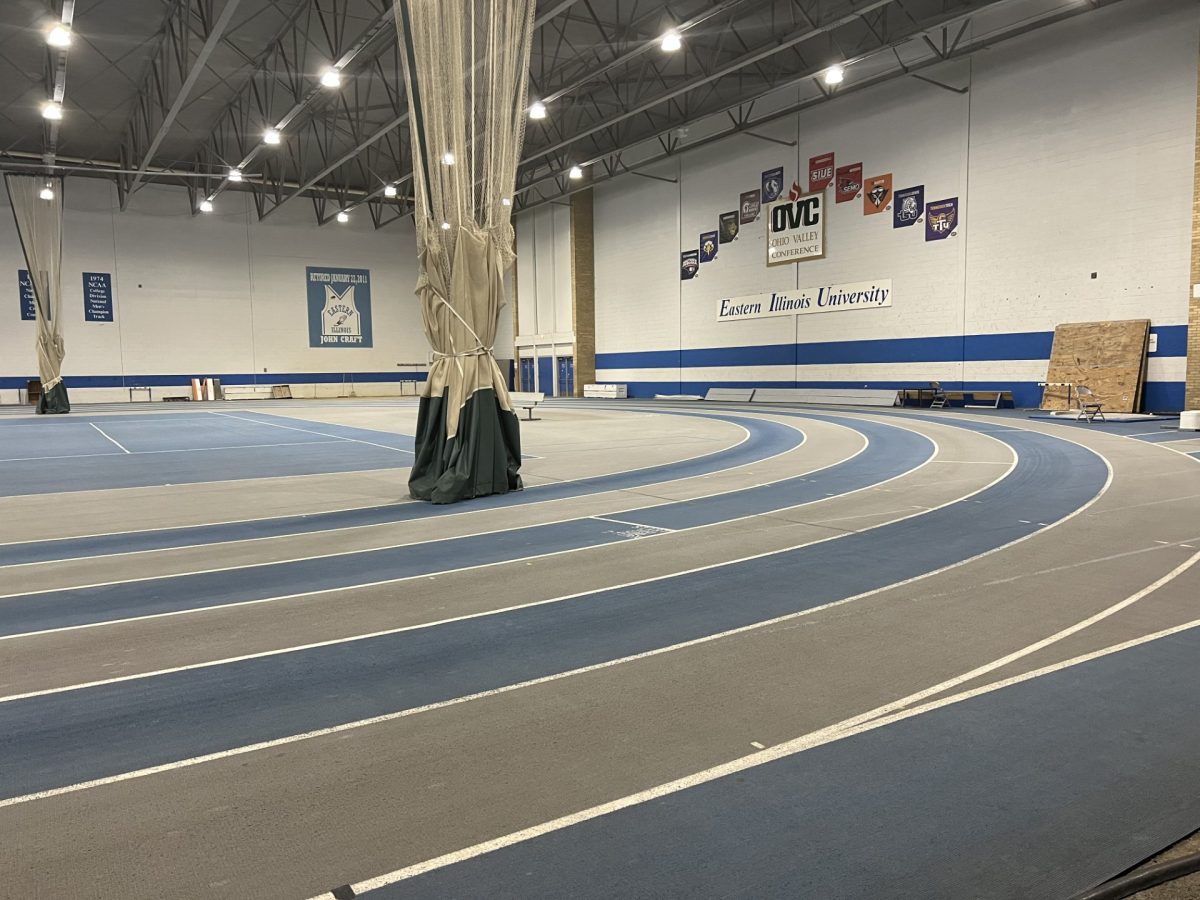Guest column: Workgroup transparency is a myth
November 28, 2016
Editor’s note: Jack Cruikshank represents students on Vitalization Workgroup #6 (Marketing and University Branding) and speaks for graduate students on the Council on University Planning and Budget.
When President David Glassman introduced his “Vitalization Project” two months ago, I was excited for the new ideas that could be pioneered for increasing enrollment and diversifying our program offerings.
I saw this semester as a chance to ask the faculty, staff and students for new ways to lead us out of the slump that Eastern has recently found itself entrenched in. Now, however, I see the entire project a colossal waste of everyone’s time.
At the group’s first meeting on Sept. 29th, President Glassman spoke highly of the need for both transparency and collaboration, which were the ideals that had prompted me to commit my time this semester to attempting to improve Eastern.
Through many hours in meetings and email communications, my fellow workgroup members and I have compiled a list of recommendations for the university’s marketing.
One such suggestion simply involves hiring more people. For staffing, Southern Illinois University Edwardsville employs 23 marketing professionals (including a graduate assistant) who work to sell the SIU-E brand; Eastern has four.
(As an aside, Eastern has a considerable pot of money for marketing that could easily be deployed to hire additional staff. The guise of fiscal prudence should not convince anyone that hiring these new employees would be remiss.)
I hope these recommendations take hold, but there is no mechanism to hold the administration accountable to implementing (or, at the least, strongly considering) these recommendations if there is not transparency in the group reports.
When seven of the workgroups released their reports in early November, I asked Ryan Hendrickson, Task Force Committee Chair, where the group would be posting the reports (e.g., online, physical copies, etc.).
He told me they would not be released, as they were “preliminary recommendations.” I give the administration credit because, in the state of Illinois, if something is a “preliminary recommendation,” it is exempt from the Freedom of Information Act (FOIA); that was deceptively clever on the administration’s part.
As a workaround to the Open Meetings Act, which requires public bodies to conduct meetings accessible to the public and the press, multiple workgroups conducted business over email.
Email communication in and of itself is not bad, but recently, under the FOIA, I requested the emails of one of the workgroups, only to receive heavily redacted emails. Viewing the black bars across the emails would lead one to believe they are classified state secrets; however, they are simply emails about how best to structure our university going forward.
Anything that was deemed an “opinion” was redacted because, once again, the FOIA precludes “recommendations and opinions used in the formulation of policies or actions.”
Again, I commend the administration on their ability to use the laws as written to limit transparency and group discussion.
I had erroneously thought the administration would keep their promise about remaining transparent in these financially difficult times.
I call on the administration to release the workgroup reports of their own volition; no law prevents such a release. On the contrary, the FOIA was designed to allow the public access to the everyday business of public officials who are paid by the taxpayer.
For my part, I would be happy to share my group’s preliminary recommendations with anyone who wishes to see them.
Furthermore, I would love to discuss how Eastern can market itself better going forward; I very much seek and value the opinions of every member of the Eastern community.
Jack Cruikshank is a political science graduate student. He can be reached at 581-2812 or [email protected].















































